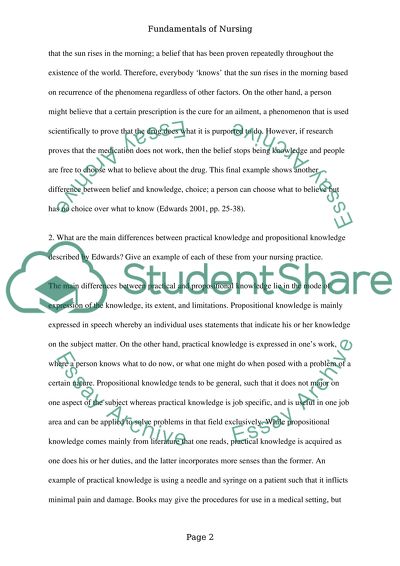Cite this document
(“Fundamentals of Nursing Essay Example | Topics and Well Written Essays - 2500 words”, n.d.)
Retrieved from https://studentshare.org/nursing/1395207-fundamentals-of-nursing
Retrieved from https://studentshare.org/nursing/1395207-fundamentals-of-nursing
(Fundamentals of Nursing Essay Example | Topics and Well Written Essays - 2500 Words)
https://studentshare.org/nursing/1395207-fundamentals-of-nursing.
https://studentshare.org/nursing/1395207-fundamentals-of-nursing.
“Fundamentals of Nursing Essay Example | Topics and Well Written Essays - 2500 Words”, n.d. https://studentshare.org/nursing/1395207-fundamentals-of-nursing.


